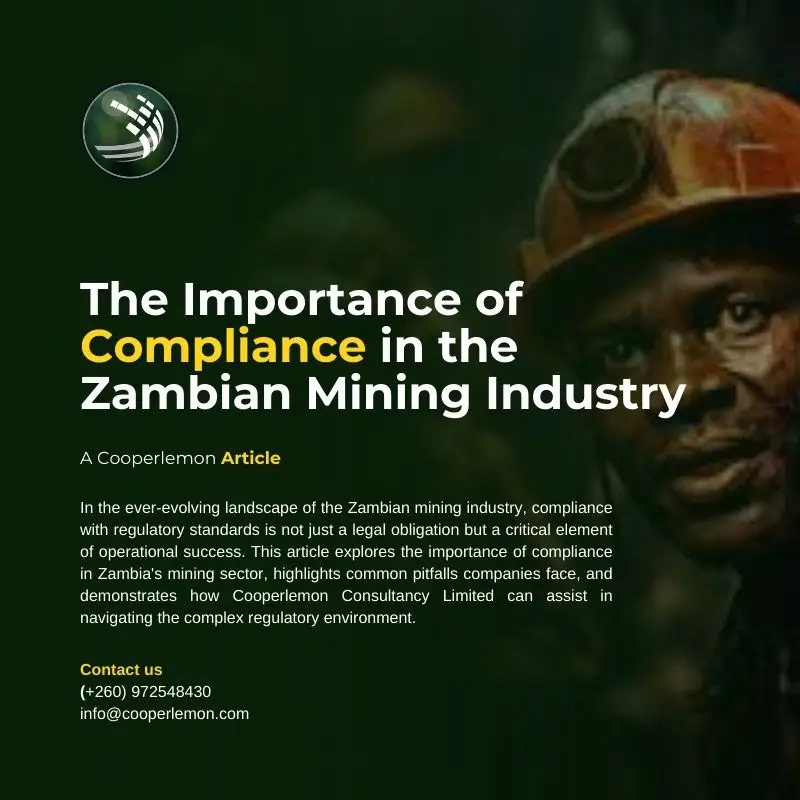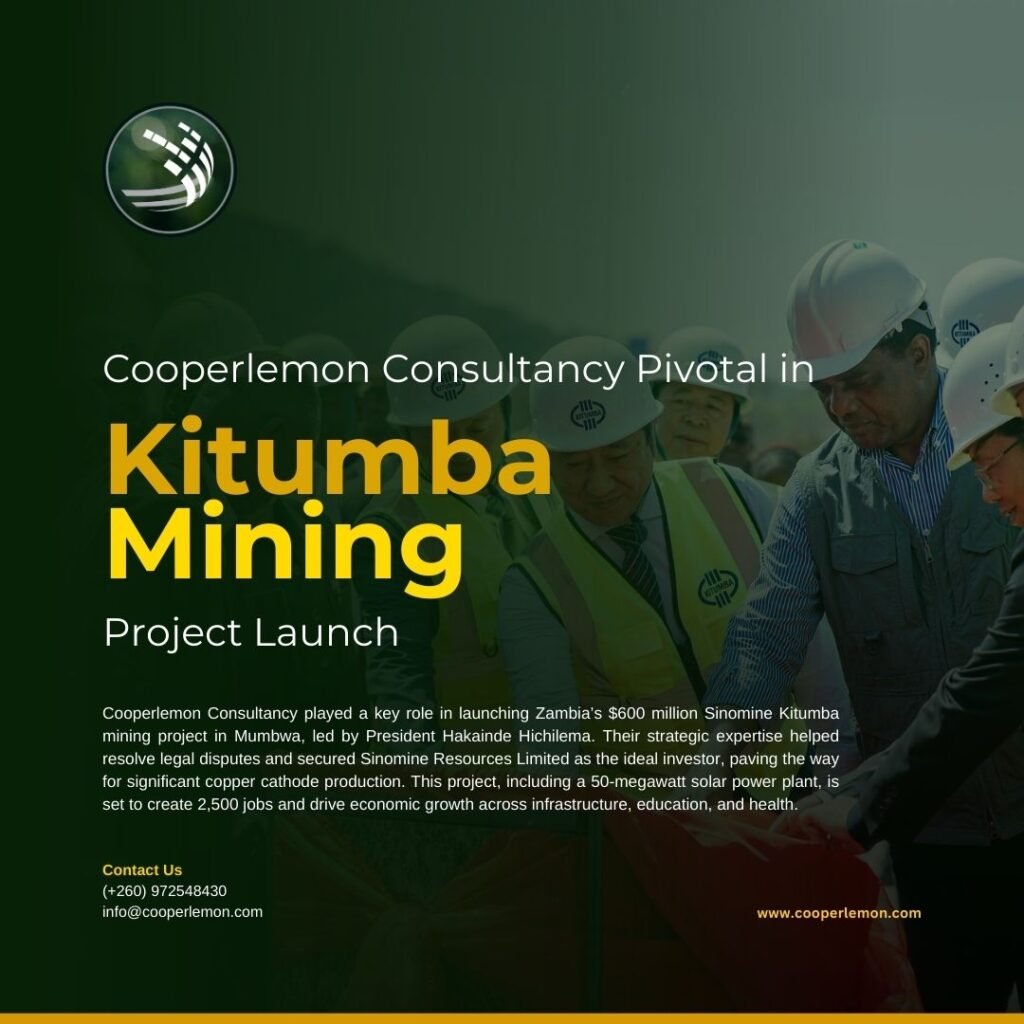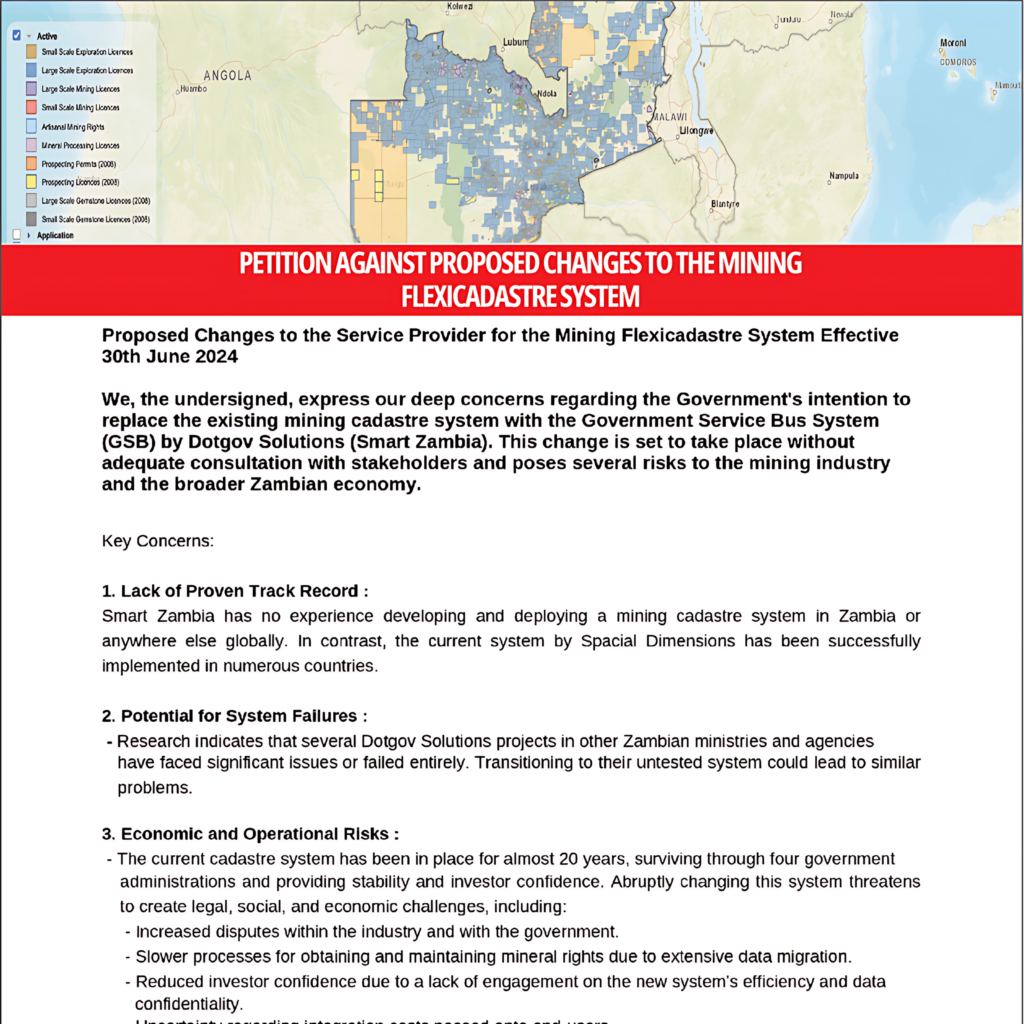WHAT IS A SMALL SCALE MINING LICENSE
Small scale mining is an essential part of Zambia's economy, providing livelihoods for thousands of
individuals and supporting local communities. The Zambian government recognizes the important
role that small-scale miners play in the country's development, and as such, it has put in place
policies and regulations to govern their activities. One of the critical policies in this regard is the
small-scale mining license. In this blog post, we will explore the Zambian small-scale mining license
in detail.
- Home
- Blog
- Post
Previous
Next
Small scale mining is an essential part of Zambia's economy, providing livelihoods for thousands of
individuals and supporting local communities. The Zambian government recognizes the important
role that small-scale miners play in the country's development, and as such, it has put in place
policies and regulations to govern their activities. One of the critical policies in this regard is the
small-scale mining license. In this blog post, we will explore the Zambian small-scale mining license
in detail.
What is a Small Scale Mining License?
A small-scale mining license is a permit granted by the Zambian government to individuals or groups
of individuals engaged in small-scale mining activities. The license authorizes the licensee to carry
out mining operations on a specific piece of land for a period of up to ten years. The license is
renewable, subject to the fulfillment of certain conditions, including the payment of a renewal fee.
Who can Apply for a Small Scale Mining License?
Any Zambian citizen who is at least 18 years of age and has the necessary skills and resources to
undertake small-scale mining operations can apply for a small-scale mining license. In addition,
groups of individuals, including cooperatives, associations, and companies, can also apply for a
license.
What are the Requirements for Obtaining a Small Scale Mining License?
To obtain a small-scale mining license in Zambia, the applicant must meet the following
requirements:
- Identification Documents: The applicant must provide a valid national identification card or
passport. - Mining Plan: The applicant must submit a comprehensive mining plan that outlines the
proposed mining operations, including the type of minerals to be mined, the equipment to
be used, the proposed mining method, and the anticipated production levels. - Financial Capability: The applicant must demonstrate that they have the financial resources
to undertake the proposed mining operations, including the purchase of equipment,
payment of salaries, and other operational costs. - Environmental and Social Impact Assessment: The applicant must undertake an Environmental and Social Impact Assessment (ESIA) to assess the potential environmental and social impacts of the proposed mining operations.
- Health and Safety Plan: The applicant must submit a comprehensive health and safety plan that outlines measures to protect workers and ensure the safety of the surrounding community.
- Mining License Fees: The applicant must pay the prescribed mining license fees.
What are the Benefits of a Small Scale Mining License?
A small-scale mining license provides several benefits to the licensee, including:
- Legitimacy: A small-scale mining license gives the licensee the legal right to undertake
mining operations, making their activities legitimate. - Access to Financing: A small-scale mining license provides access to financing from financial
institutions, enabling the licensee to acquire equipment, pay salaries, and meet other
operational costs. - Security of Tenure: A small-scale mining license provides security of tenure, ensuring that
the licensee can operate without fear of eviction or interference from other parties. - Revenue Generation: A small-scale mining license allows the licensee to generate revenue
through the sale of minerals, which can be used to support their families and communities.
What are the Challenges of Obtaining a Small Scale Mining License?
Obtaining a small-scale mining license in Zambia is not without its challenges. Some of the key
challenges include:
- Lack of Information: Many small-scale miners lack information on the requirements for
obtaining a small-scale mining license, making it difficult for them to comply with the
regulations. - Limited Financial Resources: Many small-scale miners lack the financial resources required to
undertake the ESIA, health, and safety assessments, and other requirements for obtaining a
license. - Limited Technical Knowledge: Many small-scale miners lack the technical knowledge
required to develop a comprehensive mining plan, making it difficult for them to meet the
requirements for obtaining a license.
In conclusion, the small-scale mining license is an important legal instrument that regulates small-
scale mining activities in Zambia. The license allows small-scale miners to operate legally, protects
them from exploitation and harassment, and enables them to access credit facilities and other forms
of support. However, it is essential for small-scale miners to comply with all applicable laws and regulations related to mining, health and safety, and the environment to ensure the sustainability of
the sector.
Share on facebook
Facebook
Share on twitter
Twitter
Share on linkedin
LinkedIn



